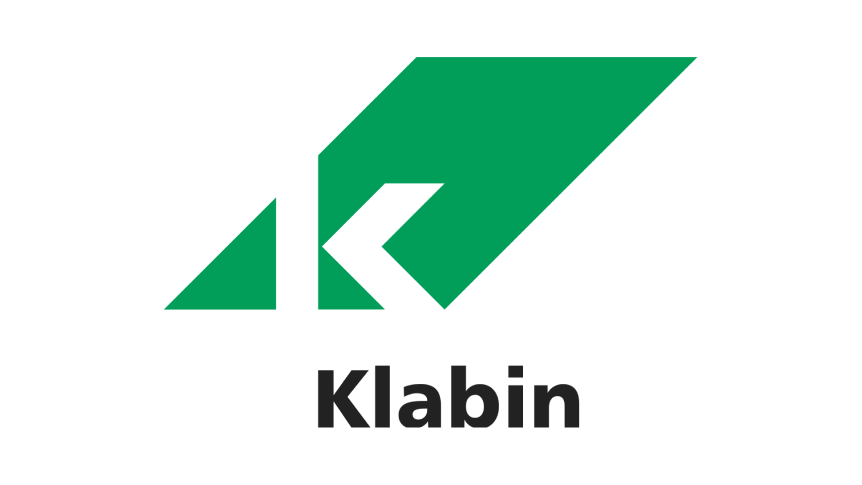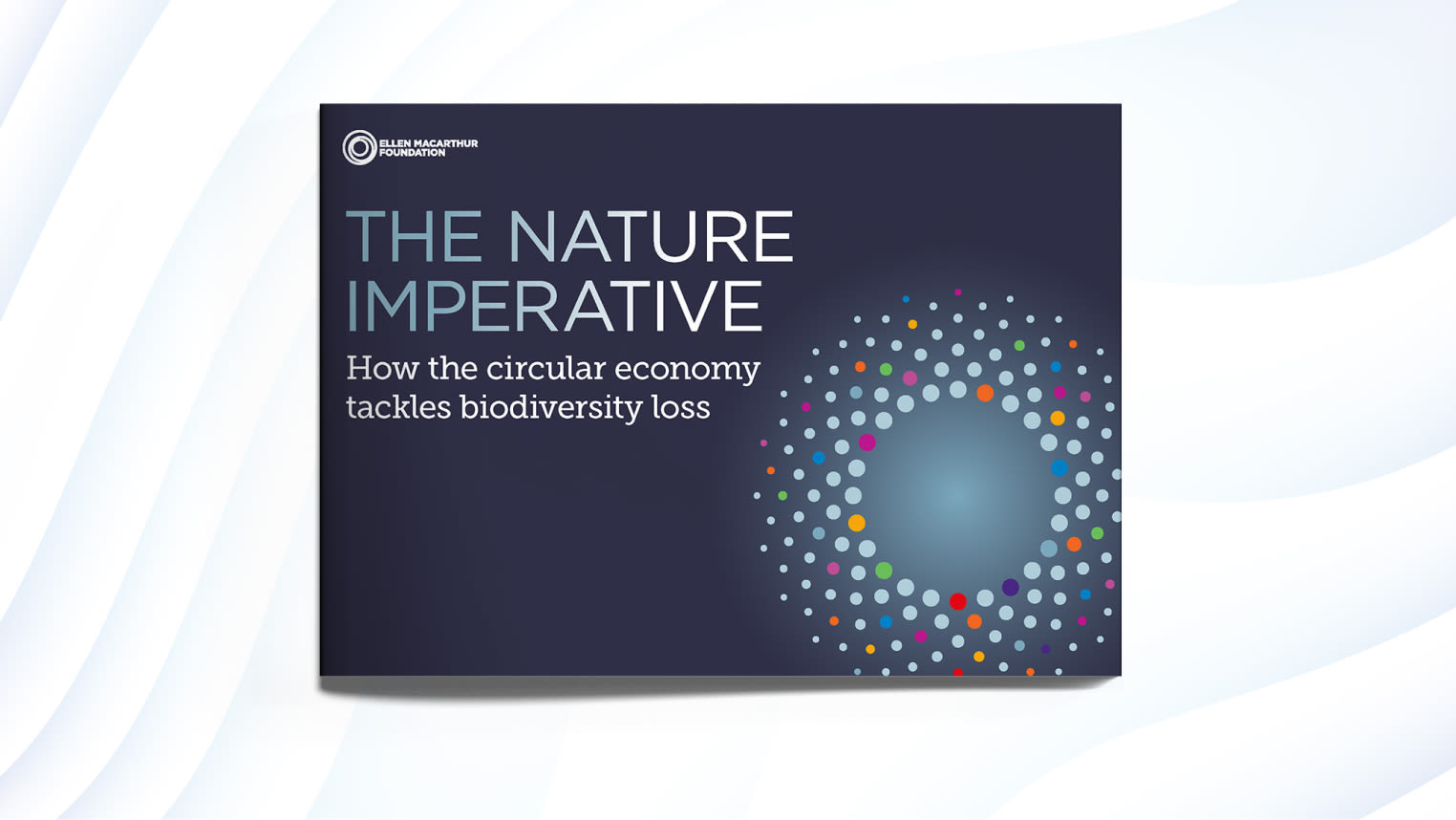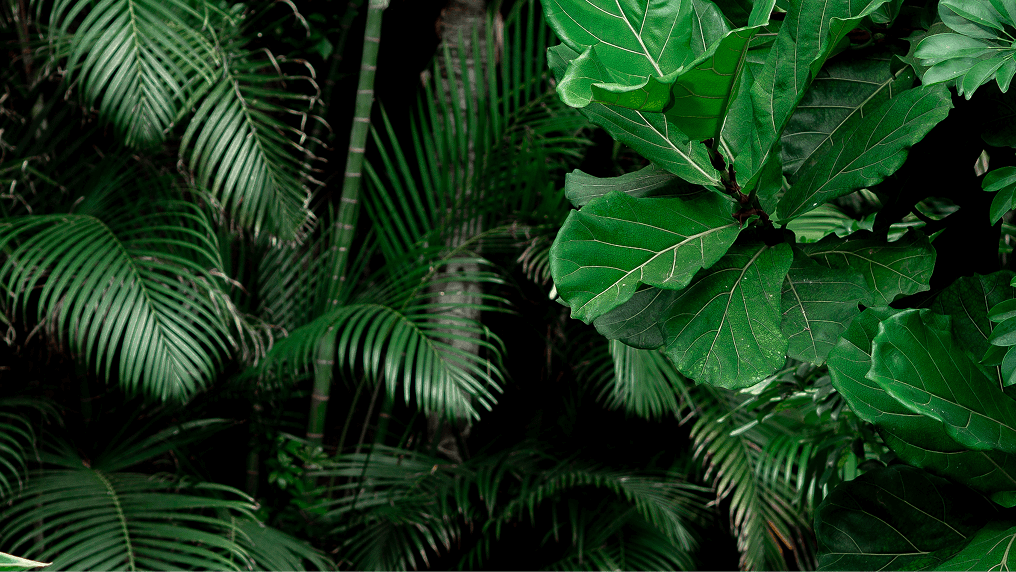
Klabin, Brazil’s biggest paper producer and exporter, has developed a “mosaic forest management system” where pine and eucalyptus trees are planted in blocks and mixed with native preserved trees. In between, ecological corridors are preserved to allow animals to transit. This practice helps to preserve fauna, flora, and water resources from the Atlantic Forest biome. In these preserved native forests, Klabin has also implemented a programme that allows the company to grow and harvest non-timber products, such as medicinal plants.
Biodiversity benefits
Klabin has been monitoring the biodiversity in its managed areas and has registered an increase in the overall number of species. The Santa Catarina unit, for example, provides habitats for 136 species that are considered endangered, while 78 species new to the area have also been identified. Their forest management practices and efforts towards biodiversity have shown that it is possible to cultivate timber products in an area while at the same time enhancing biodiversity.
This page is part of a deep dive into biodiversity across other sectors, where we delve deeper into examples of companies adopting circular economycircular economyA systems solution framework that tackles global challenges like climate change, biodiversity loss, waste, and pollution. It is based on three principles, driven by design: eliminate waste and pollution, circulate products and materials (at their highest value), and regenerate nature. principles with positive impacts on biodiversity.







